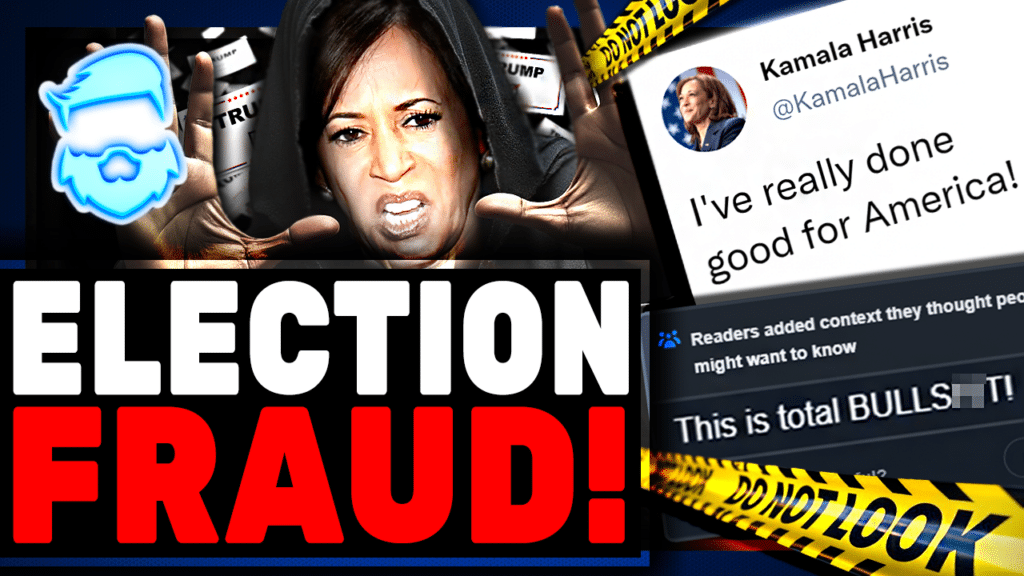The Manhattan District Attorney’s case against Donald Trump centers around allegations the former president orchestrated illegal “catch and kill” payments in a scheme to suppress negative stories about him during the 2016 election that continued while he was in office, according to the indictment against him unsealed Thursday.
Trump, 76, is facing a total of 34 felony counts of falsifying business records in the first degree, which each carry a maximum sentence of four years behind bars. Taken together, the ex-president faces a whopping 136 years behind bars, but if convicted at trial and actually sentenced to jail, the time would likely be far less.
Prosecutors are hinging their case on three instances of Trump allegedly employing “catch and kill” tactics, where he, his then-lawyer Michael Cohen and Trump Organization CFO Allen Weisselberg conspired to cover up potential sex scandals from coming to light.
The illegal activity allegedly started in 2015 when the CEO of American Media Inc. (AMI) at the time, David Pecker, agreed to act as the “eyes and ears” for Trump’s presidential campaign and would alert Cohen before a negative story was published, according to the statement of facts filed by prosecutors.
A few months later, around December 2015, AMI paid a former Trump Tower doorman $30,000 to prevent him from going public with allegations that the real estate mogul had fathered a child out of wedlock, the court document states.
In another instance, AMI allegedly paid a woman, likely former Playboy model Karen McDougal, $150,000 “in exchange for her agreement not to speak out about the alleged sexual relationship” among other things, the court docs claim.
AMI falsely characterized the charges, prosecutors said, and only agreed to the deal after a conversation with Trump and Cohen and with “the understanding” that the two would reimburse the company.
Prosecutors then pointed to Cohen’s infamous $130,000 payment to porn star Stormy Daniel, who was claiming she had an affair with Trump in 2006. Cohen paid Daniels on behalf of Trump through a shell company as a way to keep her quiet, and records of his reimbursements were also purposefully falsified, prosecutors alleged.

















